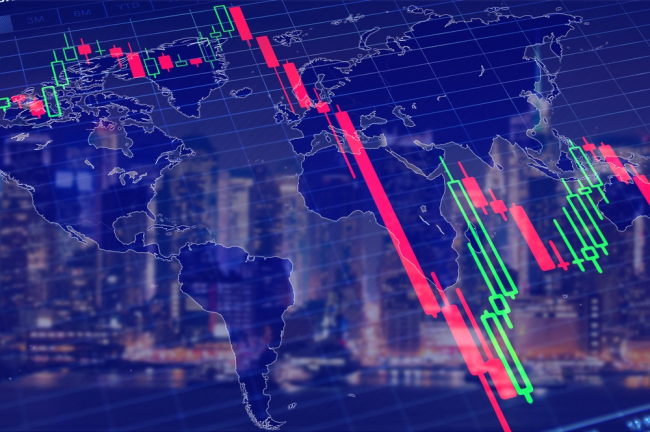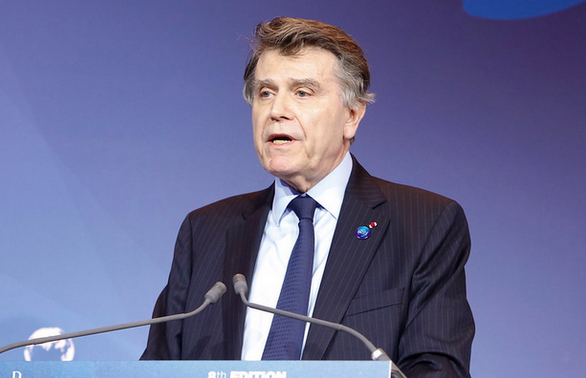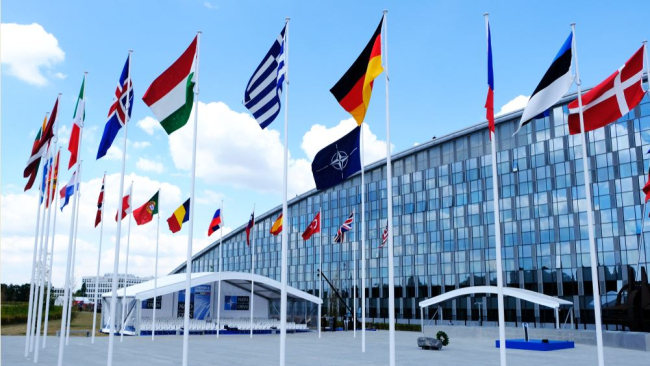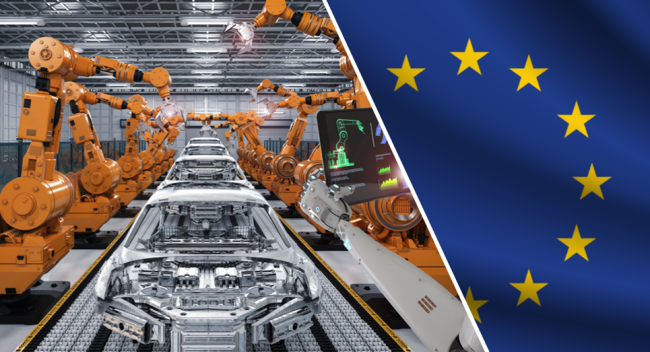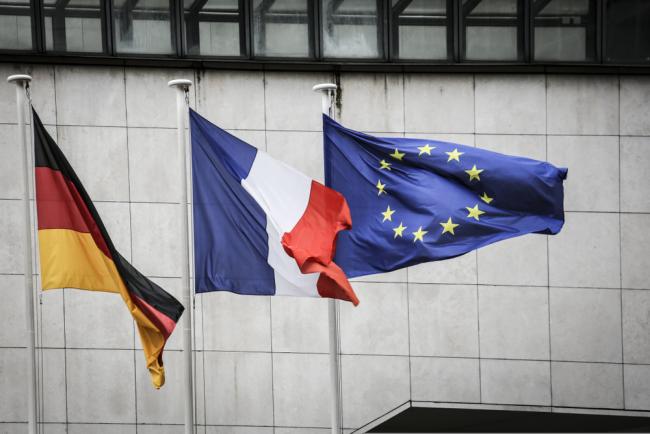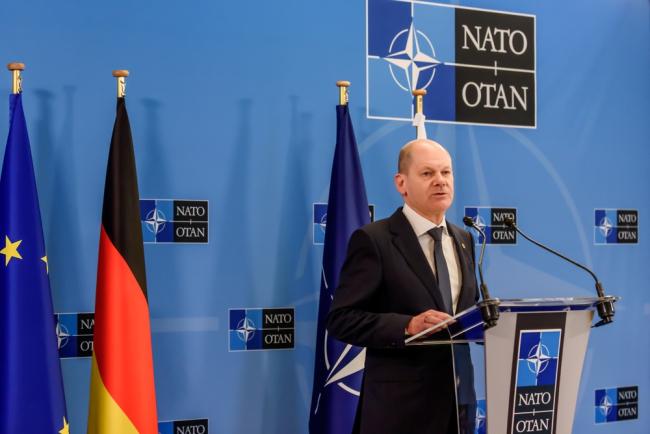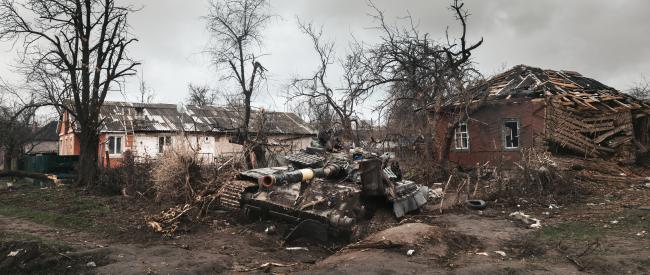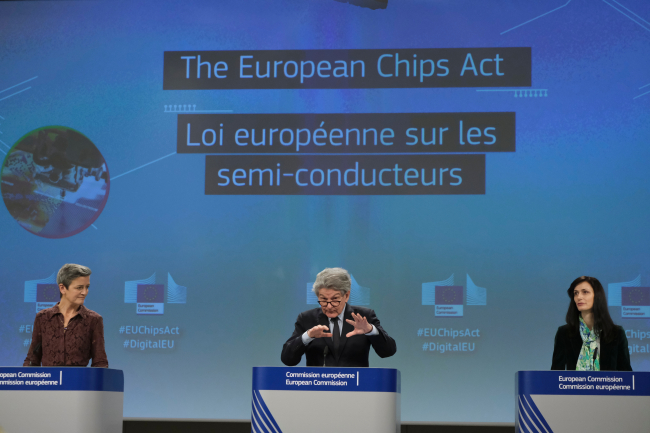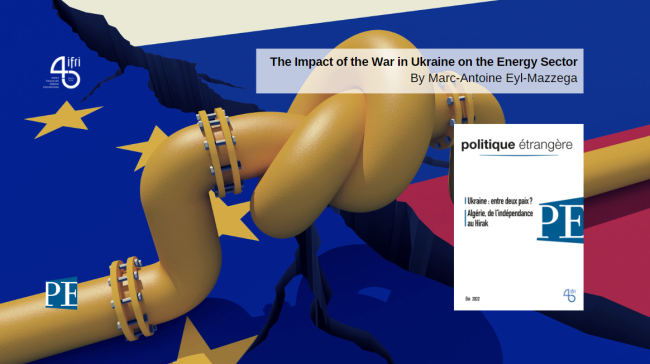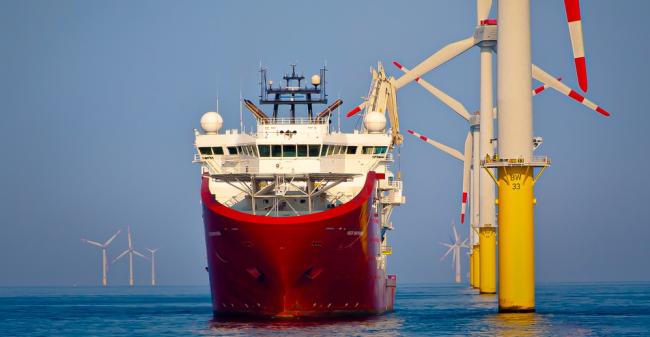

World’s Rich Nations Jostle to Lead Globalization Clubhouse
The race to fill a role at the heart of world economic policy making is turning into a new battleground for the future of globalization.


Cyprus, to be remade, must resolve some issues
Cyprus is set to be ‘remade’ in the coming years through €1 billion in grants from the European Recovery Plan, as we’ve reported here, but there are a few issues to be resolved along the way, according to EU policy experts and economists.
[...]
Immigration in the EU and the US: Comparing Border Policies
Both in the US and in Europe, border control has become one central component of immigration and asylum policies with seemingly the same objective: preventing irregular entries of migrants and refugees. This trend has accelerated in recent years, with ever stricter border controls, more detention of migrants and refugees, the use of the notion of “safe third country” and partnerships with third countries, some of which now play a pivotal role in controlling the borders of their US and European neighbors, such as Turkey and Mexico.
What are the differences and similarities in the policies implemented in the EU and the US? What is their impact on the fundamental rights of migrants and refugees? In both contexts, what relative weight is given to the rights of migrants and refugees on the one hand, and to border enforcement measures on the other? Finally, what long-term consequences will the COVID-19 crisis have on border policies in both cases?
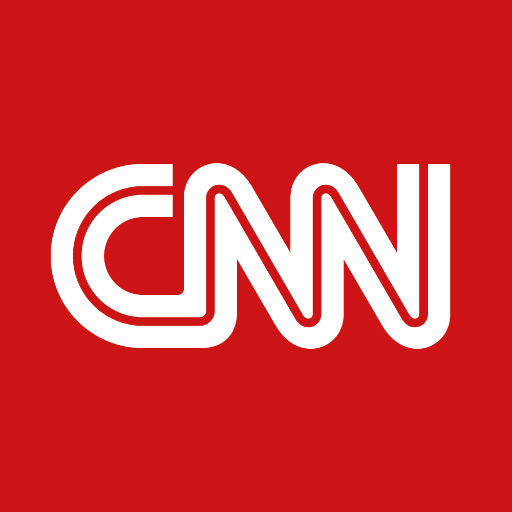

Allies despair as Trump abandons America's leadership role at a time of global crisis
The United States has scaled back its role on the world stage, taken actions that are undermining efforts to battle the coronavirus pandemic and left the international community without a traditional global leader, according to experts, diplomats and analysts.
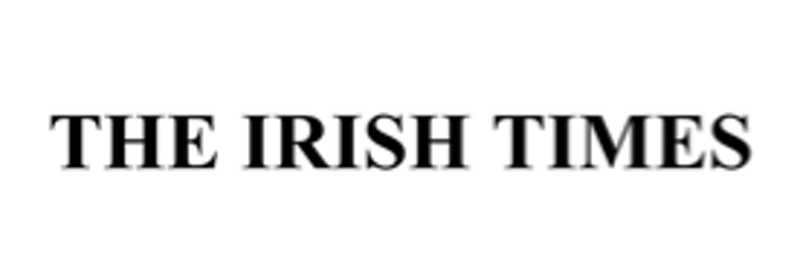

Europe’s relationship with China is now one of mistrust and hostility
At the start of the pandemic, Europe and China helped one other. Then the mood changed.
China's Mix of Aggressive and Charming Coronavirus Diplomacy could Worsen Europe's Fractures, Report warns
A prominent French think tank has warned that China's so-called "mask diplomacy" amid the COVID-19 coronavirus pandemic threatens to further exacerbate divisions within the European Union, with Beijing tailoring its approach to suit different nations. The French Institute of International Relations (IFRI) published a new report Thursday detailing how coronavirus could alter EU-China relations, both during the outbreak and in the long-term.
Hubris, Black Swans and the Future of Europe
European Council meetings are seldom exciting. But last week’s virtual gathering showed once again that, despite fears, Europe is moving forward in the most serious crises.
NATO Took Some Knocks But Survives Its 70th Anniversary Party
NATO’s 70th turned out to be less like a birthday party and more a Thanksgiving dinner for a large dysfunctional family: Not all of them got on, a few snide remarks were made, but in the end everyone seemed to accept they’re stuck with each other. “We had a very successful meeting,” said an evidently relieved Chancellor Angela Merkel of Germany, citing the unity she had seen among the alliance’s 29 leaders. “So I’m very pleased.”
Emmanuel Macron's openness toward Russia is testing the patience of NATO allies
Paris (CNN) - Nobody likes to hear that an old friend is "brain dead," so perhaps it's not surprising that France's allies seem to be going through the seven stages of grief over Emmanuel Macron's pronouncement in the Economist last month that NATO is languishing.
Europe's position in the new world order
Thierry de Montbrial, Executive Chairman of Ifri, is interviewed by Yang RUI for China Global Television Network (CGTN), on the sidelines of the Paris Peace Forum, November 2019. He analyzes the position of Europe in a world dominated by the Chinese-American competition.
The European Union Industrial Strategy: Reconciling Competition and Geoeconomic Challenges
The EU’s basic assumptions, on which it grounds its economic and trade power, are being steadily cast into doubt. The EU’s main trade partners, the US and China, increasingly set their sights on securing their supply chains, which may further a potential decoupling.
More Europe in the face of realpolitik’s return? French perspectives on 30 years of German reunification
The current geopolitical situation has disrupted the European and global order, which were both consolidated in the 1990s and have been key factors in the modern German model. The Franco-German duo is currently facing new challenges and it will have to respond appropriately in a time when the EU’s global influence is shrinking in the face of what some analysts call a “new Cold War”.
RAMSES 2023. Europe at War
For its 41st edition, RAMSES 2023. Europe at War, written by Ifri's research team and external experts, offers an in-depth and up-to-date analysis of geopolitics in today’s world.
Reindustrializing France: Challenges of the Digital and Environmental Transformation
To succeed in the challenge of reindustrializing France, French and European companies must undertake a dual process of digital and environmental transformation, in a context of international competition.
Germany, the “Zeitenwende” and the Future of NATO
Le retour de la haute intensité en Ukraine : quels enseignements pour les forces terrestres ?
After twenty years of counter-terrorism, the Ukrainian battlefield marks the renewal of so-called “high-intensity” warfare. It constitutes a major strategic turning point, reversing the contemporary model of wars involving the West.
Fishing for Chips: Assessing the EU Chips Act
China, the United States, and the European Union (EU) are currently developing strategies for semiconductors aimed at financing R&D and the installation of new factories on their territories, in particular through subsidies. The EU Chips Act, announced in February 2022, represents a real break in Europe's industrial policy.
The Political Economy of the Metaverse
The "metaverse", at the heart of the strategy of large digital companies such as Facebook (Meta), does not yet exist and it will take decades to build it. This briefing provides an overview of the issues.
The Impact of the War in Ukraine on the Energy Sector
The outbreak of war in Ukraine dealt a shock to energy markets.
The EU’s Renewables Expansion Challenge Towards 2030: Mobilizing for a Mission Almost Impossible
Only eight years are left to expand by almost three times the current total installed wind and solar energy capacity in the European Union (EU) in adding around 600 gigawatts (GW), and so reach the highly-ambitious 2030 targets. This requires a mobilization whose scale is immense – amidst times of unprecedented crises and uncertainties.
Support independent French research
Ifri, a foundation recognized as being of public utility, relies largely on private donors – companies and individuals – to guarantee its sustainability and intellectual independence. Through their funding, donors help maintain the Institute's position among the world's leading think tanks. By benefiting from an internationally recognized network and expertise, donors refine their understanding of geopolitical risk and its consequences on global politics and the economy. In 2024, Ifri will support more than 70 French and foreign companies and organizations.








